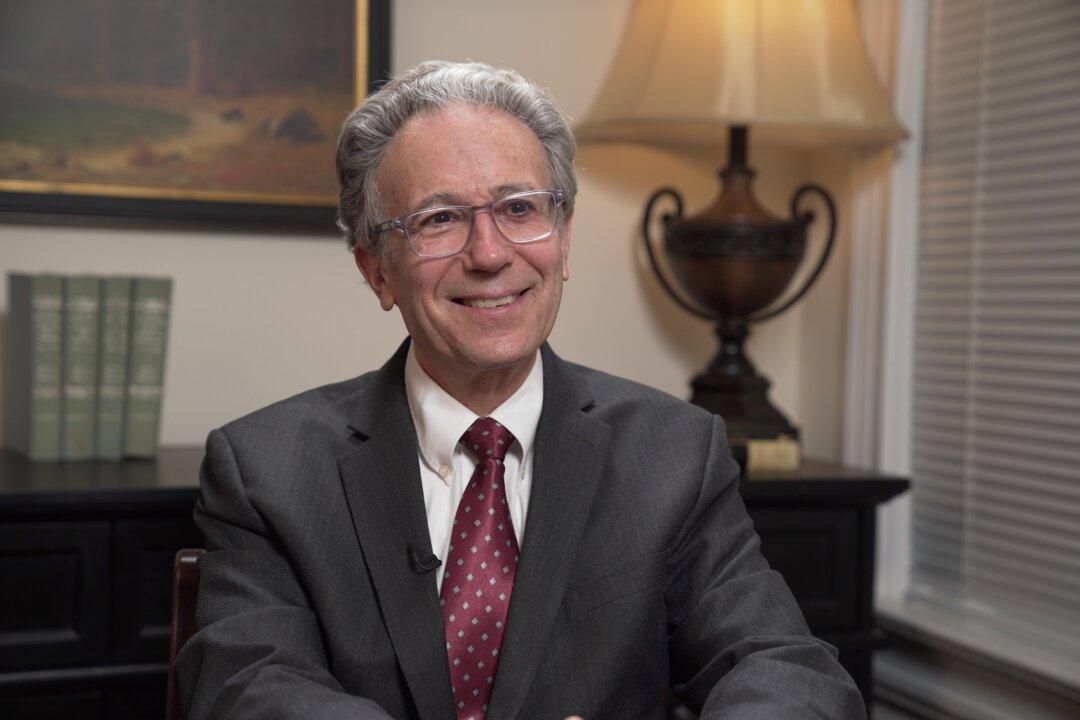The Trump administration should prioritize finding a way to coordinate a strong, unified government effort to take down communist China’s internet firewall, according to Michael Pack, who led the U.S. Agency for Global Media (USAGM) during President Donald Trump’s first term.
In a recent appearance on EpochTV’s “American Thought Leaders,” Pack, who is now a documentary filmmaker and the president of Palladium Pictures, said Washington needs to allocate its resources more efficiently so it can project its soft power to counter the Chinese regime’s iron grip on the internet inside its borders.






